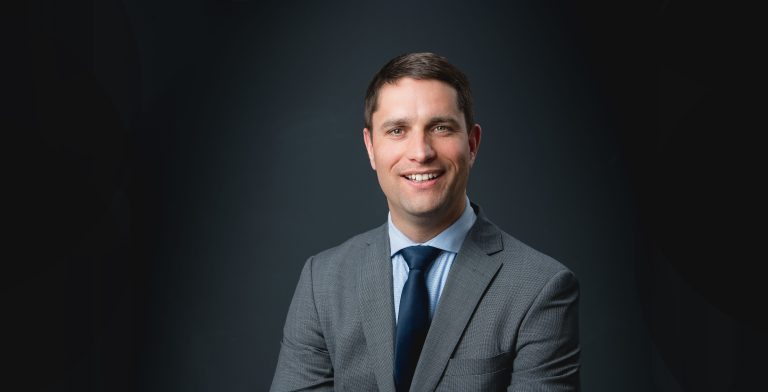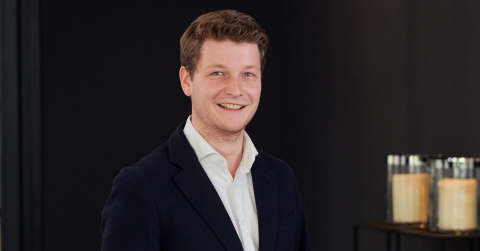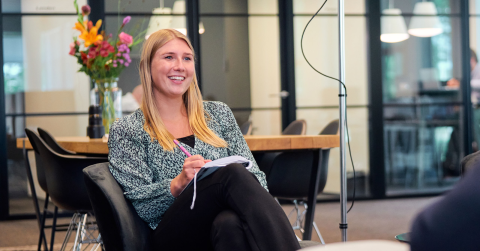
What businesses can learn from decision-making in aviation

If pilots can make split-second judgments, why can’t we? Tim Burgers, Senior Manager at ITDS, relates why an effective, clear and quick decision-making process is so important.
I’ve seen it happen so often: during a meeting someone raises a problem, and someone else immediately proposes a solution. Nice and snappy, except the judgment-forming part of the decision-making process is bypassed. That judgment is based on establishing the facts, exploring your options and weighing up the risks. You might think that this will take days, or even weeks, but nothing could be further from the truth. During an assignment at KLM Cityhopper I learned to look at the decision-making process differently. Pilots are trained to make a judgement in a split second. And if they can, why can’t we?
Why is the judgment phase so important?
What I have noticed is that decisions are often based on too little, or on one-sided information. We have the tendency to skip the judgment phase. What are the facts? What are the risks? What are the alternatives? And what are the possible repercussions?
Senior management at an organisation might, for example, opt to follow a particular course, but its employees won’t know why. As an outsider, I ask critical questions and these often raise new questions, such as: “Is it still necessary for me to do this, and are we doing it the best way?” An organisation that pays more attention to its judgment-forming process makes more conscious decisions. And this makes it clear to everyone where you stand and why you are doing something.
Think like a pilot
In the past we would summarise in reports or memos what we had researched, along with the pros and cons of the various options that were open to us. The steering group would then discuss them. All very structured, I suppose. Nowadays however, we want to see quick results, at the expense of the judgment-forming process. But it can all be done properly in a just few minutes. Pilots actually learn to do it in a split second, using the “Aviate, Navigate and Communicate” principle:
- Aviate: do what is necessary to keep flying.
- Navigate: weigh up your options. Should you fly on to your destination, divert and make an emergency landing, return to base, or should you do something completely different?
- Communicate: share your decision with the rest of the crew, air traffic control and the passengers.
The key to making more conscious decisions
Making good decisions quickly, calls for a sharp focus and a different way of thinking. In my training courses I use the DODAR model:
- Diagnose: what is the problem?
- Options: what can you do about it?
- Decide: what will you do?
- Act or Assign: how will you communicate it?
- Review: are you still sure that it is the right decision?
Using this model helps you make more conscious decisions and gives you insight into the pitfalls of decision-making. Such as group thinking, for example. Or adhering too doggedly to a standpoint, for political or for other reasons. On top of all this there will always be individuals who want to undermine the decision-making process, because they already have a solution in mind and they want to maintain the momentum. By naming these risks, however, you will keep people on their toes.
Putting it all into practice
So if you have a problem to solve, try applying the DODAR model. Communication is essential: indicate beforehand that you intend to reach a decision. Share the various steps with your team. Formulate the problem, establish the facts, then identify the risks, advantages and disadvantages, as well as the costs and benefits. It’s only after doing all this that the decision-making process can be enacted. Challenge yourself by trying to do it within a window of, say, five or ten minutes. Think like a pilot: dispense with opinions, preferences and gut feelings. Stay analytical. Establish the facts on the basis of what you hear then come to an informed decision within a few seconds. Are you ready to take your place in your own decision-making cockpit?





